'Fields of rotting veg' after rain wreaks havoc
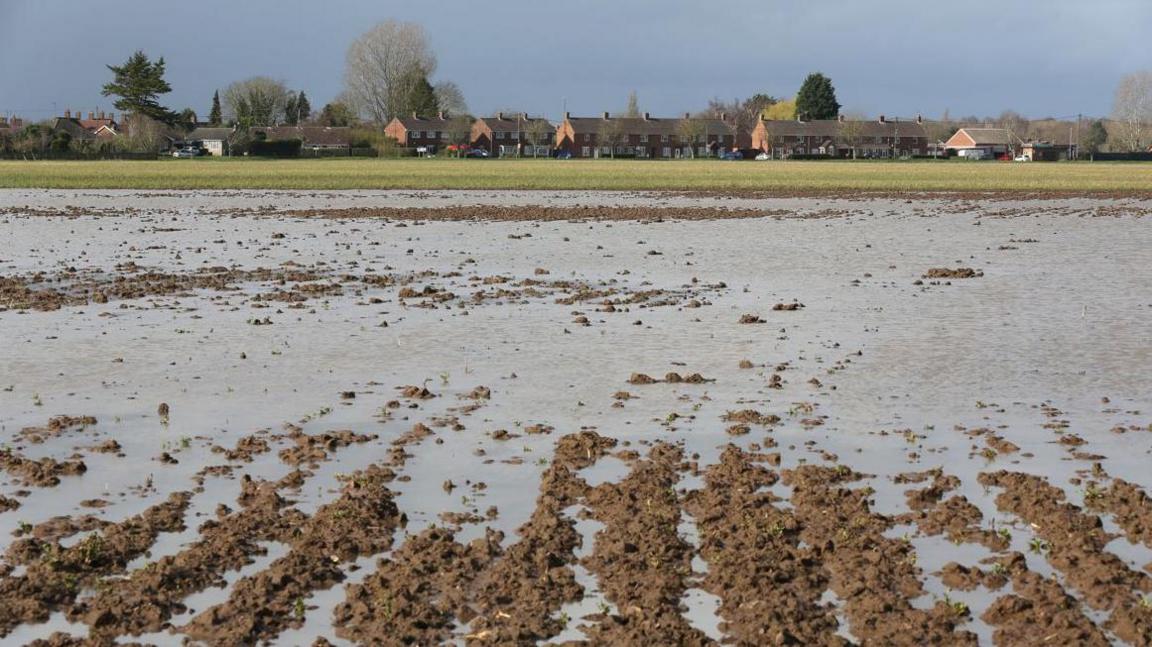
A waterlogged field in Wisbech, Cambridgeshire, in March this year
- Published
Wet weather has wreaked havoc on food production, it has been claimed.
One of the UK's main suppliers of brassicas said its spring planting schedule was thrown into disarray, resulting in fields of rotting cabbages, broccoli and cauliflowers because crops had failed to mature in line with demand.
Meanwhile, a pick-your-own strawberry farmer from Lincolnshire said he had suffered his "worst season in 42 years".
Jack Ward, the chief executive of the British Growers' Association, said: "Everybody you speak to tells you they are having an issue with the weather. Some are struggling to even get crops to germinate."
'Record rainfall'
Mr Ward added: "There is a very fine line between success and failure in growing food. You need the right conditions, at the right time.
"Last autumn and winter, we had huge record amounts of rain. That sheer volume of water striking the ground was not good for soil structure. That has continued.
"In some instances, lack of sunshine has also had an impact on crops."
John Moulding, commercial director at Lincolnshire-based TH Clements, a leading supplier of brassicas, said the delay in planting had led to an "oversupply", because crops had not matured in time to meet demand.
He said: "We aim to plant in either the last week of February or the first week in March. However, we had to delay [planting] by two to three weeks. When we did come to plant, we weren't able to get them in the ground at the times we had set out.
"As a result, our crops matured at different times. We now have an oversupply, with fields of rotting vegetables."
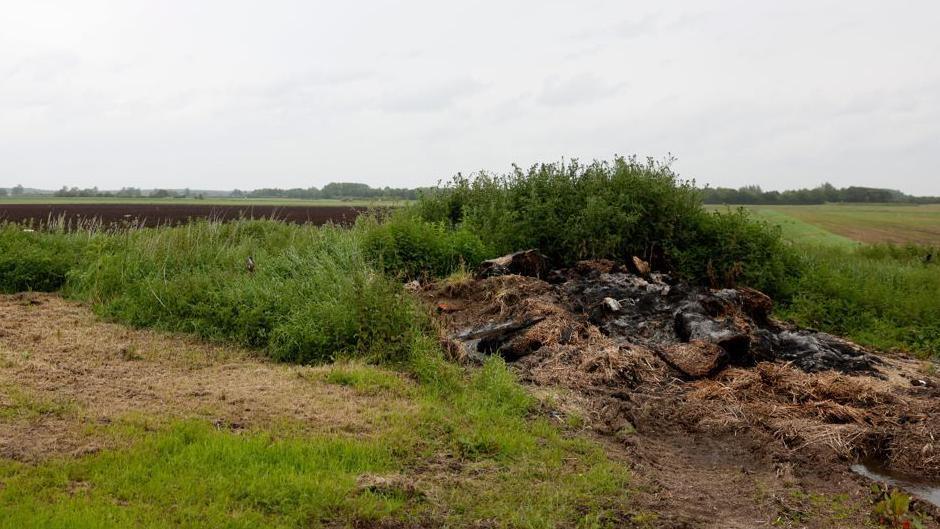
Water damage on a Lincolnshire farm in June this year
Mr Moulding said it was "demoralising".
"We have people who have worked for the business for 25 years and they tell me this has been the most difficult period they can remember," he added.
While the firm expected to take the financial hit this year, and it was unlikely that shoppers would notice an immediate difference in prices, more wet springs would mean consumers having to pay more "in order for businesses to be sustainable", Mr Moulding said.
Syston Park farm, in Grantham, Lincolnshire, plants a range of crops, including pick-your-own berries, rhubarb, asparagus, Christmas trees and pumpkins.
Owner Paul Clegg said: "It's been the most difficult season in 42 years of growing fruit due to the combination of a late frost and cool, rainy weather."
He added: "At least the Christmas trees have enjoyed the rain."
'Unprecedented extremes'
Analysis by Paul Hudson, BBC climate and environment correspondent
It is not surprising our weather is causing real issues for farmers up and down the country.
Our weather has always been changeable, but the recent extremes have been unprecedented.
The 18 months to March this year were the wettest 18 months ever recorded across the UK.
And the figures from Sheffield Weston park, which has one of the country’s longest data sets stretching back to 1882, highlights just how extreme it is has been.
June last year was the second warmest on record, with July the second wettest. September was then the warmest on record, followed by the wettest October and the fifth wettest December.
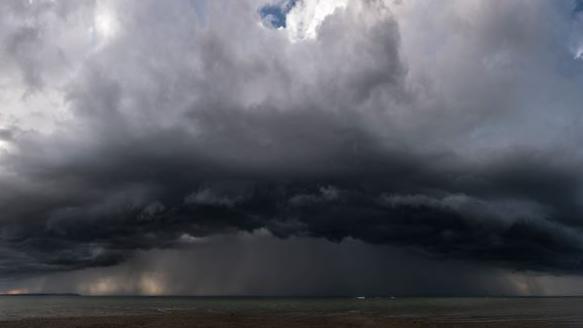
The UK is seeing more weather extremes, says meteorologist Paul Hudson
After a mild and wet winter, the UK then experienced its warmest spring on record, only for the first half of this summer to be the coldest this century.
And let us not forget almost exactly two years ago the country experienced extraordinary heat, with Coningsby in Lincolnshire setting a new UK record, as the country smashed through the 40C barrier for the first time.
Climate projections offer little in the way of comfort. A warmer atmosphere will hold more water vapour, and so when it rains it is likely to be heavier.
And research suggests that another implication of a warmer world will be an increasingly sluggish jet stream – suggesting longer periods of the same type of weather – leading to more droughts and floods.
Follow BBC Lincolnshire on Facebook, X (formerly Twitter), external, and Instagram. Send your story ideas to eastyorkslincs.news@bbc.co.uk, external
Related topics
- Attribution
- Published24 April 2024
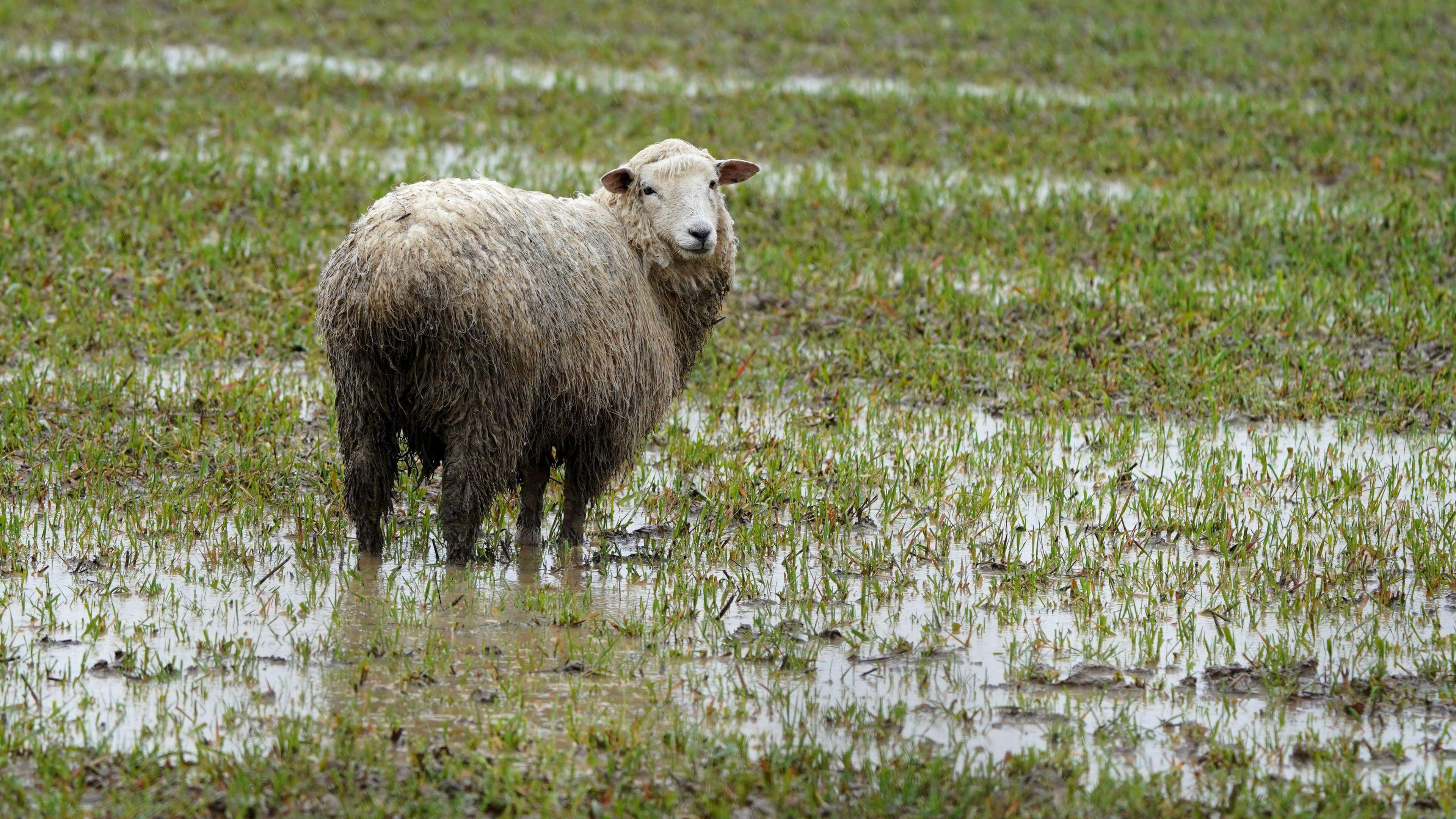
- Published4 April 2024
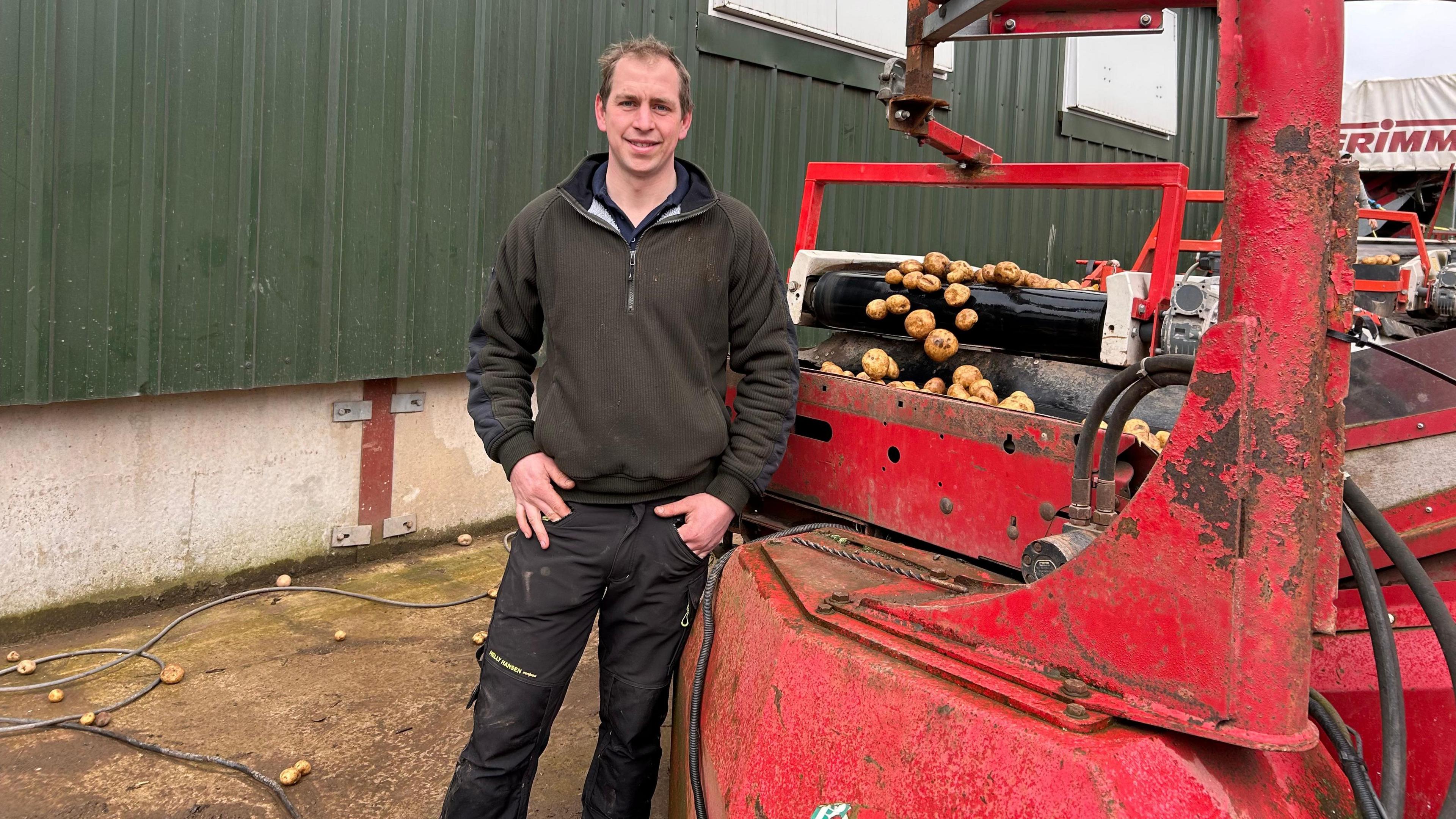
- Published30 March 2024
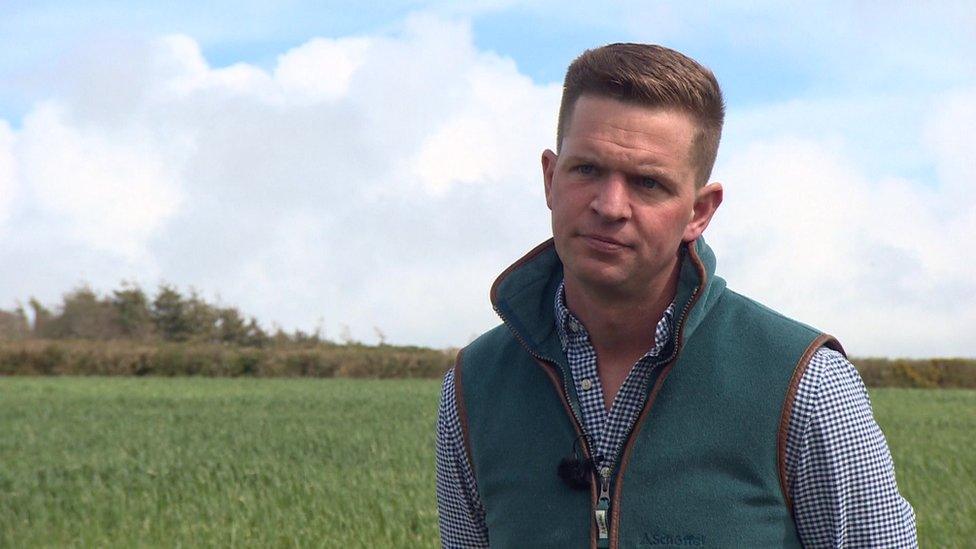
- Published10 April 2024
